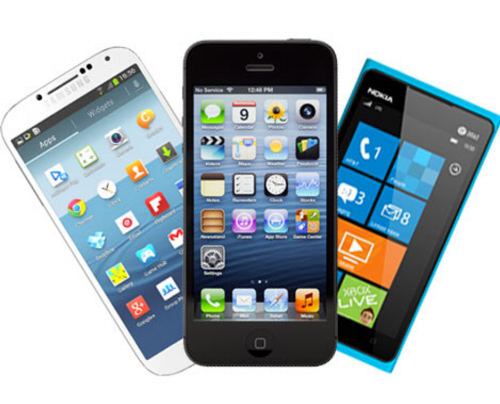what gear do I need?
The big question from many people starting out in photography is, “What gear do I need to make great images?” The answers to this question seem to fall into two camps. Camp #1 says that you need the latest greatest gear that includes all the bells and whistles so that you can compete in this quickly changing world of digital media. Camp #2 says... your gear is a tool that helps you reach your goal. Define your goal and then buy only the gear that actually contributes to reaching that goal.
I would put myself into this second camp. I'm sorry if this answer is often frustrating. Many times when we start into a new hobby or career we want to have a list of things to do which will all but guarantee success. Often we don't really even know what success looks like but we know we want it, and we want the gear that takes away the possibility of failure. I'm sorry, but that gear does not exist yet.
don't let this
do all your thinking
I just saw the latest iteration of a smart phone which has a camera that will do just about everything for you and you only have to aim and push the little button on the screen. Amazing technology! The problem is that a computer inside a smart phone, however fast and impressive, is not an artist. That smart phone can not decide for me what parts of the frame I want in shadow and what I want lit up. It can not decide how much motion blur to allow into the frame or when I want crisp detail. And it surly will not help me decide the best composition for an image.
These are the small details that differentiate between a great image and a fun snapshot. Yes, technology has come a long way. Now we can snap a great photo and upload it to social media from just about anywhere in the world. We do this without thinking, and here is the problem with many "photographers" today: they want to be able to make great images without thinking.
I was recently shooting for a client and they could not understand why the images they were making with their camera were not as nice as the images I was making for them. They were using a newer Canon dslr, a great camera capable of images as good as the camera I was using. The lens they had on the camera was nearly as nice as the lens I was using. So why was there such a huge difference in the final images? They also asked me if I could take an hour (if only I could dump 15 years worth of learning and experience into 1 hour!) sometime and teach them what I know so that they could make the same quality of images as I was getting.
I found it interesting that this client assumed it was obviously the camera that was responsible for such wonderful images. This is similar to saying that I should be able to play the piano like a great concert pianist if only I was using the same piano as they use. Or if I only had a paintbrush like the one Vincent van Gogh used I would be able to produce works like his. We can see the fallacy of this line of thought but yet some think a photographer makes great images because they use a great camera... really?
So... stop looking for the gear that will make great images and learn to be the photographer that makes great images. Your camera is only a tool that helps you achieve your goal.
So what is your goal?
Here is a great place to start; what am I shooting? Am I shooting predominately landscapes while on vacation? Am I shooting mostly my daughter's ballet performances? Am I shooting weddings (or would like to)? Am I shooting mostly the night sky? Or do I want to do all these things?
I will use myself as an example. I recently upgraded my cameras and a few lenses; here is how I worked through these questions.
I get paid for most of my photography and so I needed a camera system that could hold up to commercial shooting. This is not a hobby, I can't afford cameras like these for only a hobby. So, what am I shooting? I travel with my cameras doing documentary work in both stills and video. I also do commercial work which includes product and portraiture. Given these requirements I needed a system that was small enough to travel well. It had to be robust enough to handle some bad weather in some crazy environments and not break down, leaving me stranded without a way to do the work I was paid for. This system also needed to be able to produce super high quality imagery in both video and stills.
So, with these parameters, where did I go from there? After much research I chose to go with two Sony Alpha cameras. Let me explain how they fit the need for the job. I chose as my main body a Sony a7r2. The body is built very ruggedly with pretty good weather sealing, it is also a fair bit smaller and lighter than a typical dslr (I'm coming from a Canon 5dmk2), so the Sony fits the size and weight requirements. It produces 42 megapixel stills on a full frame sensor which gives me mind blowing resolution. It competes neck and neck with the 50 megapixel sensor that Canon puts in its 5ds camera, with some minor variations. The Sony a7r2 will also shoot in 4k video internally, which is amazing! So the size, the robustness of the body, and the IQ of the images all meet my demands.
As a second body I chose the newer Sony a6500. This little camera is great! It produces 24 megapixel stills on an APSC sized sensor, the resolution is awesome, and it is packed into a body smaller than the Sony a7r2. This camera will also shoot 4k internally and the quality of the footage is way beyond what I thought a camera like this could produce. By the way, both of these bodies have Sony's 5 axis image stabilization which works incredibly well in both still photography and video.
Hopefully this helps you see how I walked through my purchase of gear. Start with, "What is the job or goal that I am trying to reach. What am I shooting and how will I shoot it?" Then find the tool that meets the requirements for the job.
I will walk through how I chose lenses and lights in a different article. They require a similar mentality, but different needs and requirements.
Please feel free send me an email if you have comments or questions.


